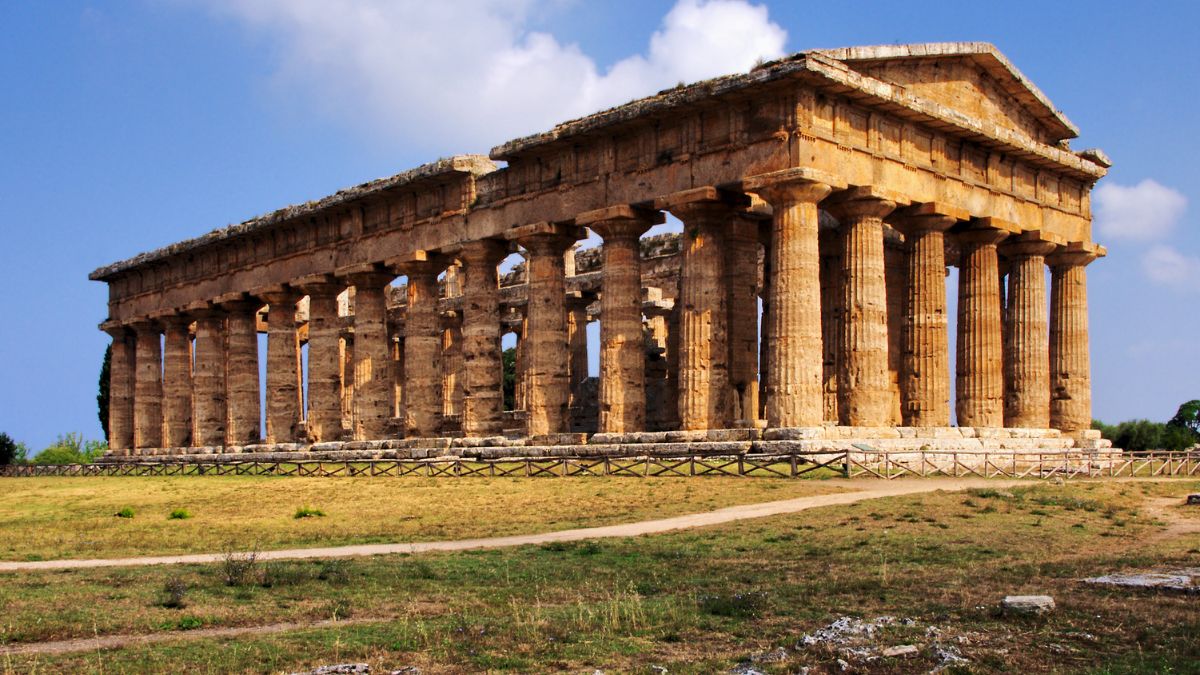Kalidasa (Classical Sanskrit Literature)
Kalidasa (Classical Sanskrit Literature)
Aristotle (Ancient Greek Philosophy)

Aristotle (Ancient Greek Philosophy)
In the annals of human history, few figures shine as luminously as Aristotle, the ancient Greek philosopher whose intellect and insights laid the foundations for Western thought. Born in 384 BC in Stagira, a small town on the northern coast of Greece, Aristotle’s journey to becoming a colossus of philosophy began under the tutelage of Plato at his Academy in Athens. This was an era when the human mind embarked on an unparalleled odyssey of discovery, questioning, and enlightenment—a period that would forever be etched in history as the Golden Age of Greek philosophy.
Aristotle, a name synonymous with wisdom and knowledge, embarked on a quest that would take him beyond the realms of ordinary understanding. He was not just a philosopher; he was a polymath, a master of biology, physics, metaphysics, logic, ethics, aesthetics, poetry, theatre, music, rhetoric, psychology, linguistics, economics, and political theory. Such was the breadth of his genius that more than two millennia later, his work continues to be a beacon of knowledge, guiding and influencing modern thinking.
Picture, if you will, a mind so curious, so unquenchable in its thirst for understanding, that it dared to ask questions that had never been asked before. Aristotle’s philosophy was grounded in the observable world. He believed that all knowledge comes from sensory experience, a revolutionary idea that laid the groundwork for the scientific method. His empirical approach to studying the natural world was a monumental leap from the abstract and often mystical explanations of phenomena that preceded him.
In politics, Aristotle’s insights were no less transformative. He famously stated, “Man is by nature a political animal,” delving deep into the nature of human society and governance. His treatise, ‘Politics,’ is a profound exploration of various forms of government and their principles, many of which form the bedrock of modern political systems. His profound understanding of the human condition and the pursuit of eudaimonia (flourishing or happiness) in his work ‘Nicomachean Ethics’ continues to resonate with those seeking a meaningful life.
But Aristotle’s impact was not confined to the realm of human affairs. In biology, he conducted extensive studies of the flora and fauna of the Mediterranean region, making meticulous observations that would lay the foundations for the biological sciences. His classification of living organisms into hierarchical categories is a precursor to the modern system of taxonomy.
Aristotle’s contributions to logic, with his establishment of formal logic, were equally groundbreaking. His ‘Organon’ (a collection of works on logic) provided the tools for constructing and evaluating arguments, a system that remains at the heart of logical reasoning today.
The legacy of Aristotle is not just in the vast expanse of his knowledge, but in the way he approached the world—with a sense of wonder, a relentless questioning of the status quo, and a deep belief in the power of rational thought. He taught us to look at the world with a critical eye, to seek evidence, to build upon what we know, and to always, always keep asking questions.
In a world where the mysteries of the universe continue to captivate and perplex us, Aristotle stands as a titan, a guiding star in the endless pursuit of knowledge. His life and work are a testament to the extraordinary capabilities of the human mind and a reminder that our quest for understanding is a journey that knows no bounds. In the tapestry of history, Aristotle is woven in golden threads, his brilliance casting light across centuries, inspiring generations to dream, to think, and to explore the wondrous depths of the human intellect.